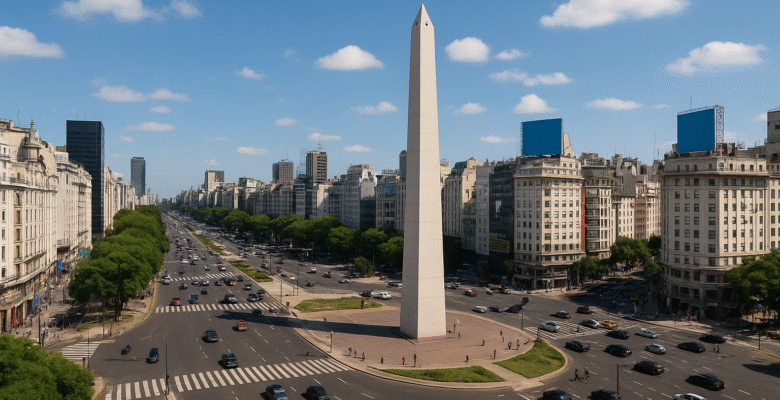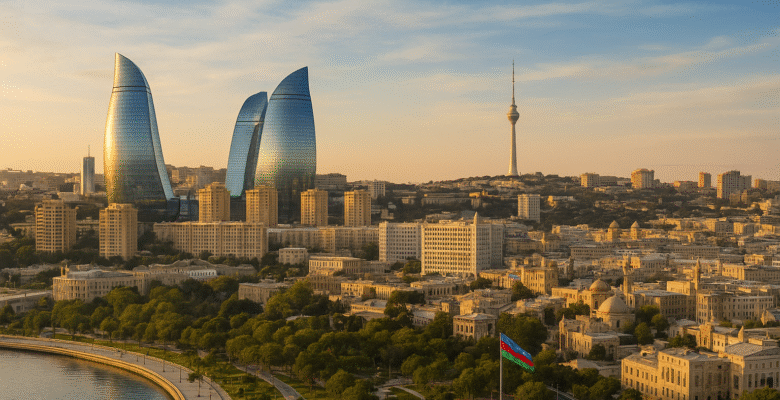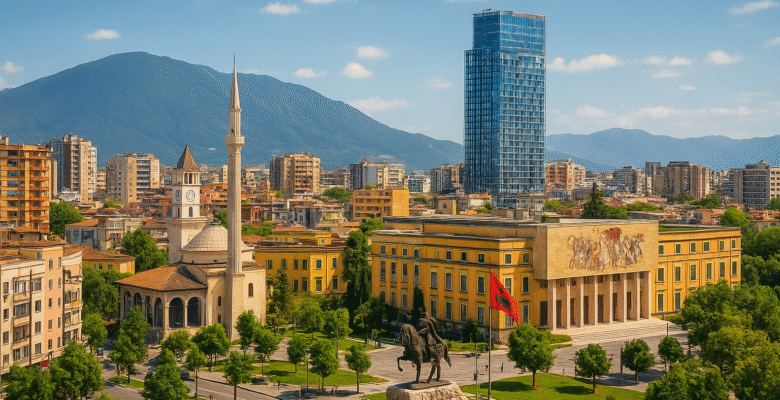
40 (forty) hadith
Forty hadiths of our Prophet are listed here
40 (FORTY) HADITH
40 HADITH
1- Make it easy, do not make it difficult, give good news, do not make hate.
(Bukhari, Ilm, 12; Muslim, Jihad, 6.)
2- Islam is good morals.
(Kanzü’l-Ummâl, 3/17, Hadith No: 5225)
3- Allah is not merciful to those who are not merciful to people.
(Muslim, Fedâil, 66; Tirmidhi, Birr, 16)
4- Wherever you are, avoid disobeying Allah; After the evil you have done, do a good deed that will destroy it. Act according to the requirements of morality towards people.
(Tirmidhi, Birr, 55)
5- The one who does good is like the one who does good.
(Tirmidhi, İlm, 14.)
6- A believer cannot be put through a hole twice. (A believer does not make the same mistake twice)
(Bukhari, Adab, 83; Muslim, Zuhd, 63.)
7- Allah is pleased when one of you does his work, deed and duty soundly and well.
(Taberânî, al-Mu’cemü’l-Evsat, 1/275; Beyhakî,.)
8- Faith is seventy-odd degrees. The highest level is the phrase “La ilaha illallah (There is no god but Allah)”, and the lowest level is to remove something disturbing from the road. Haya is also from faith.
(Bukhari, Iman, 3; Muslim, Iman, 57, 58).
9- A Muslim is a person from whose hand and tongue people are safe.
(Tirmidhi, Iman, 12; Nesai, Iman, 8.)
10- Do not argue with your (believing) brother, do not make jokes that he will not like, and do not make a promise that you will not keep.
(Tirmidhi, Birr, 58.)
11- One of the sayings that people learned from the Prophets is: “Do what you want after you are not ashamed!” is the word.
(Bukhari, Anbiyâ, 54; EbuDâvûd, Adab, 6.)
12- (The Messenger of Allah) said, “Religion is advice/sincerity.” “To whom, O Messenger of Allah?” we asked. Room; He replied, “To Allah, His Book, His Prophet, to the rulers of the Muslims and to all Muslims.”
(Muslim, Iman, 95)
13- Whoever sees a bad and ugly deed, let him fix it with his hand; if he cannot afford it, let him correct it with his tongue; If he is unable to do so, let his heart resist. This is the weakest degree of faith.
(Muslim, Iman, 78; Abu Dawud, Salat, 248.)
14- There are two eyes that the fire of Hell will not touch them: an eye that weeps out of fear of Allah, and an eye that spends its night in the way of Allah, keeping watch.
(Tirmidhi, Fedâilü’l-Cihâd, 12.)
15- There is no harm or retaliation for harm.
(Ibn Majah, Ahkam, 17; Muvatta’, Akdıye, 31.)
16- None of you can be a true believer until he wishes for his (believing) brother what he wishes for himself.
(Bukhari, Iman, 7; Muslim, Iman, 71.)
17- A Muslim is the brother of a Muslim. He does not oppress him, does not hand him over (to his enemy). Whoever fulfills a need of his (believing) brother, Allah will also meet one of his needs. Whoever saves a Muslim from trouble, Allah will save him from one of his troubles on the Day of Judgment. Whoever covers (the fault of) a Muslim, Allah will cover him (his fault) on the Day of Judgment.
(Bukhari, Mazâlim, 3; Muslim, Birr, 58.)
18- You cannot enter Paradise unless you believe, and you cannot (really) believe unless you love one another.
(Muslim, Iman, 93; Tirmidhi, Sıfâtu’l-Kıyâme, 56.)
19- Give the worker his wage before his sweat (on his forehead) dries.
(Ibn Majah, Ruhun, 4.)
20- Beware of disobeying your Lord, perform your five daily prayers, fast in Ramadan, pay zakat on your wealth, and obey your rulers. (Thus) you will enter the paradise of your Lord.
(Tirmidhi, Friday, 80.)
21- There is no doubt that truth leads to goodness. Goodness also leads to heaven. A person is written as siddiq (truthful) in the sight of Allah by telling the truth. Lying is bad. Evil also leads to hell. If a person tells a lie, it is written as katzab (very liar) in the sight of Allah.
(Bukhari, Adab, 69; Muslim, Birr, 103, 104.)
22- Smiling at your (believer) brother is charity. It is charity to enjoin good and forbid evil. It is charity to guide someone who has lost his way. It is also charity for you to remove and throw away stones, thorns and bones from the road.
(Tirmidhi, Birr, 36.)
23- Allah does not look at your outward appearance or your property. But he looks at your hearts and your business.
(Muslim, Birr, 33; Ibn Majah, Zuhd, 9; Ahmed b. Hanbal, 2/285, 539.)
24- The consent of Allah is in the consent of the parents. God’s anger is also in the anger of parents.
(Tirmidhi, Birr, 3.)
25- There are three prayers that are undoubtedly accepted: the prayer of the oppressed, the prayer of the guest and the prayer of the father for his child.
(Ibn Majah, Dua, 11.)
26- No father can give his child a gift superior to good manners.
(Tirmidhi, Birr, 33.)
27- Our Prophet, pointing with his forefinger and middle finger, said: “The person who sees and takes care of any orphan belonging to himself or someone else, and I will be side by side in Paradise like this.”
(Bukhari, Talak, 25, Adab, 24; Muslim, Zuhd, 42.)
28- He is not one of us who does not show mercy to our little ones and show respect to our elders.
(Tirmidhi, Birr, 15; Abu Davud, Adab, 66)
29- The best of you are those who treat their wives best.
(Tirmidhi, Radâ’, 11; ‹bn Mâce, Nikah, 50. Tirmidhi, Birr, 15; Abu Dâvûd, Edeb, 66.)
30- Gabriel gave me so much advice about the neighbor; I thought that (Allah) would make the neighbor inherit the neighbor.
(Bukhari, Adab, 28; Muslim, Birr, 140, 141)
31- Do not hate each other, do not envy each other, do not turn your back on each other; O servants of Allah, be brothers. It is not permissible for a Muslim to stay angry with his (religious) brother for more than three days.
(Bukhari, Adab, 57, 58.)
32- Avoid these seven things that destroy (man). They said, What are they, O Messenger of Allah? Thereupon, he said: Associating partners with Allah, magic, killing the life that Allah has forbidden, eating interest, eating orphan’s property, fleeing from war, and slandering innocent and chaste believing women.
(Bukhari, Vasaya, 23, Medicine, 48; Muslim, Iman, 144)
33- Whoever believes in Allah and the Last Day should not harm his neighbor. Whoever believes in Allah and the Last Day should honor his guest. Whoever believes in Allah and the Last Day should either speak good or remain silent.
(Bukhari, Adab, 31, 85; Muslim, Iman, 74, 75)
34- Those who carry a word (unless they are punished or forgiven) cannot enter Paradise.
(Muslim, Iman, 168; Tirmidhi, Birr, 79.)
35- A person who helps widows and the poor is like a person who fights in the way of Allah or who fasts during the day and spends the night in prayer.
(Bukhari, Nafakat, 1; Muslim, Zuhd, 41; Tirmidhi, Birr, 44; Nesai, Zakat, 78)
36- Everyone makes mistakes. The best of those who err are those who repent.
(Tirmidhi, Kıyâme, 49; İbn Mâce, Zuhd, 30.)
37- There is an organ in man. If he is healthy, the whole body is healthy; if it is corrupted, the whole body is corrupted. Be careful! It is the heart.
(Bukhari, Iman, 39; Muslim, Musâkat, 107.)
38- A believer has an interesting state that no one else has; All his deeds are good. If he attains breadth (blessing), he will be grateful and it will be good for him. If he suffers a calamity, he is patient and that will be good for him.
(Muslim, Zuhd, 64; Dârim, Rikak, 61.)
39- What people, animals and birds eat from the tree or crop planted by a Muslim is charity for that Muslim.
(Bukhari, Adab, 27; Muslim, Musâkat, 7, 10.)
40- He who deceives us is not one of us.
(Muslim, Iman, 164.)

Hadith about health



















